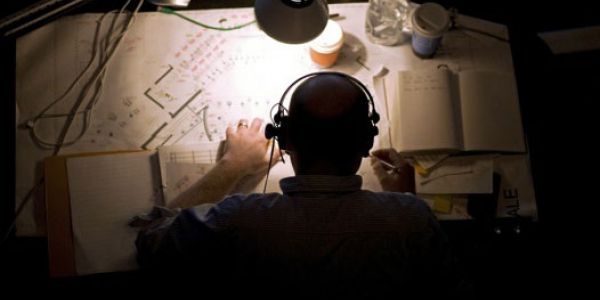
Unit 12: Specialist Study in Creative Media: Ted Talk
Monday 14th November 2016: Watch the clip of Christopher Bell’s tedtalk presentation
- Use presentation; most of images show his daughter as he talks about her.
- Connect his audience by:
- Using facts; uses red bold words to represent important parts relevant to his topic and to create an impact with his audience.
- Using rhetorical questions- to get his audience thinking.
- Using the word: ‘you’, ‘we’, ‘our’, ‘your’ to connect his audience.
- Making his audience laugh by using humor.
3. Using primary and secondary research (research on internet and visiting toy shops for evidence).
4. Informal presentation (balanced with some formal) for target audience aimed suitably for ages over 16 to about 20 years old (college age).
5. Balancing the serious and comical tone used in the content of his presentation.
6. Some images such as a boy, who hanged himself, in hospital after being bullied for liking to play with female toys which impacted audience- change their mind about the gender equality.
PART ONE- Critical Frameworks
MEDIA TOPICS
GENRE: http://www.bbc.co.uk/education/guides/z98n4j6/revision
‘Genre’ is a French word. In the media industry, the producers use this to create a film. They have to make sure their audience understands what type of genre is in the film they created. To make them understand, the producers use codes and conventions which are the tools of technical, visual and audio techniques to give the audience the idea of whatever type of genre the film is.
REFLECT ON HOW INTERESTING I FIND THIS ASPECT OF MEDIA:
I find ‘genre’ the most interesting because there are different types of media such as TV and film. In fact I can identify most of the genre while watching any TV or film because of theirs visualise. (106 words)

